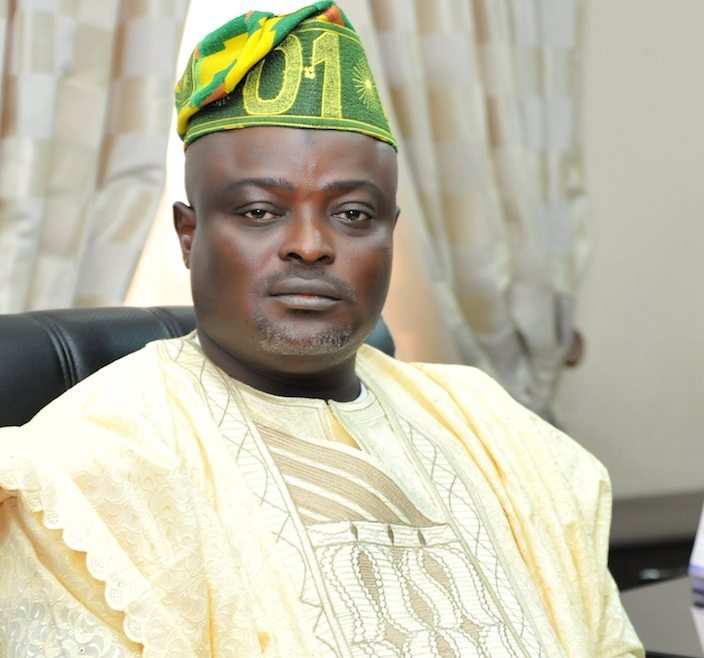The Lagos house of assembly says a bill to mandate the payment of N20 million licence fee for betting, pool and lottery companies in the state is unde
The Lagos house of assembly says a bill to mandate the payment of N20 million licence fee for betting, pool and lottery companies in the state is under consideration. The bill is titled “Lagos State Lotteries and Gaming Authority Bill”.
The deputy speaker, Wasiu Sanni, said when the new bill is passed, it would consolidate all the laws on the sector. He said such companies would have a minimum share capital of N20 million or as may be directed by the content of the law.
The speaker said the public hearing seeks to ensure the protection of the people’s interest in the course of making the law, adding that since several Nigerians are now involved in games and sports betting, the addictive nature calls for caution.
“The new bill will also repeal existing laws such as the Lagos State Lotteries (Amendment) Law 2008, the Lagos State Lotteries Law (2004), and the Casino and Gaming Regulatory Authority Law (2007). Others are Casino and Gaming Regulations (2007), Pools Betting Control Law (2003) and Pools Betting Tax Law (2003).
“In addition, before a licence is granted to an operator, the authority shall be satisfied that the applicant is a registered company in Nigeria with a minimum share capital of N20 million or as may be directed by the authority. The bill also specified that the local content shareholder shall abide by the regulations, policies, terms and conditions issued by the authority.
“For us to achieve the essence of democracy, the legislature must be in tune with the people. This underscores the essence of the public hearing. The worldwide gaming is worth $200 billion. Several Nigerians are involved in games and sports betting. Its addictive nature calls for caution, and it is our view that the 2008 lottery law needs an amendment as the bulk of the game is done on mobile gadgets.”
Speaking on the development, Rabiu Olowo, the state’s commissioner for finance, said a lot had changed in the Nigerian gaming sector in the last 10 years and most of the people involved are the youth. He said the bill addresses the challenge of cyber security, among other concerns.
“The future of gaming in Nigeria is bright. The regulations are very robust. So, the bill addresses cyber security and addresses the concerns of many people. I want to urge all stakeholders to take it serious,” he said.
In his remarks, Sanai Agunbiade, the house majority leader, said the bill, which has 109 sections with three regulations, is meant to establish the Lagos state lottery and gaming authority and regulate all gaming activities.
